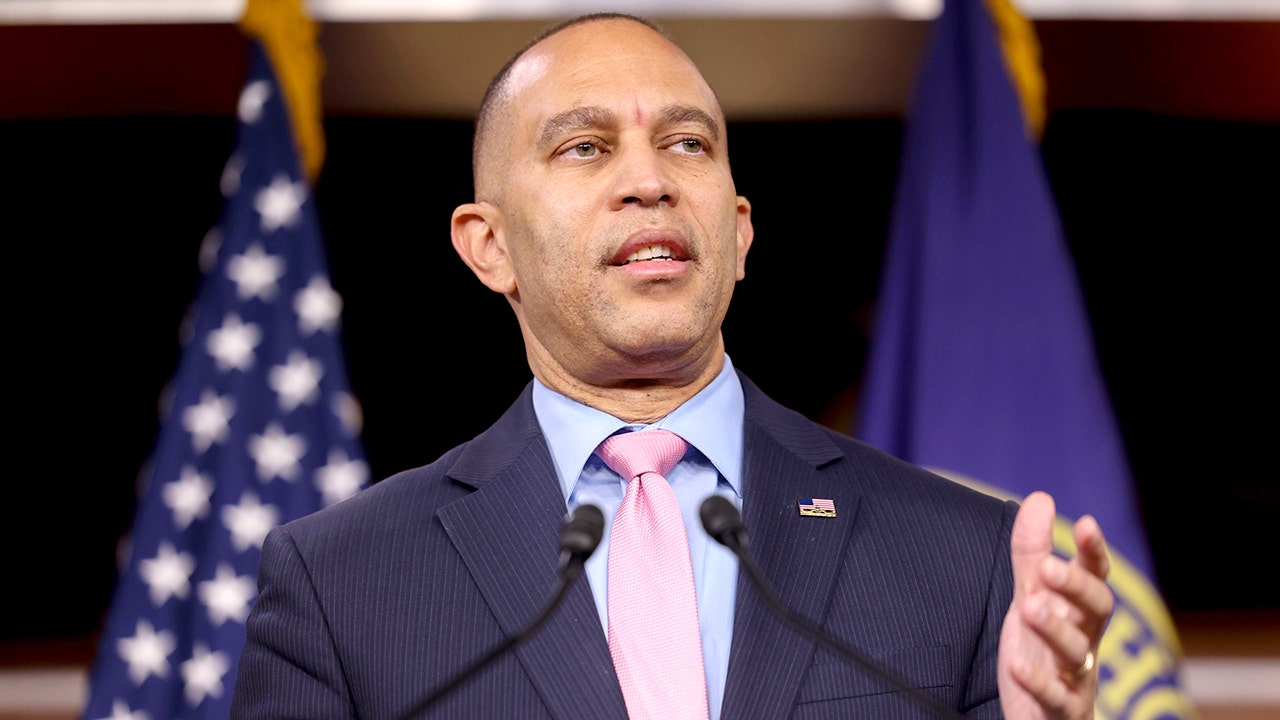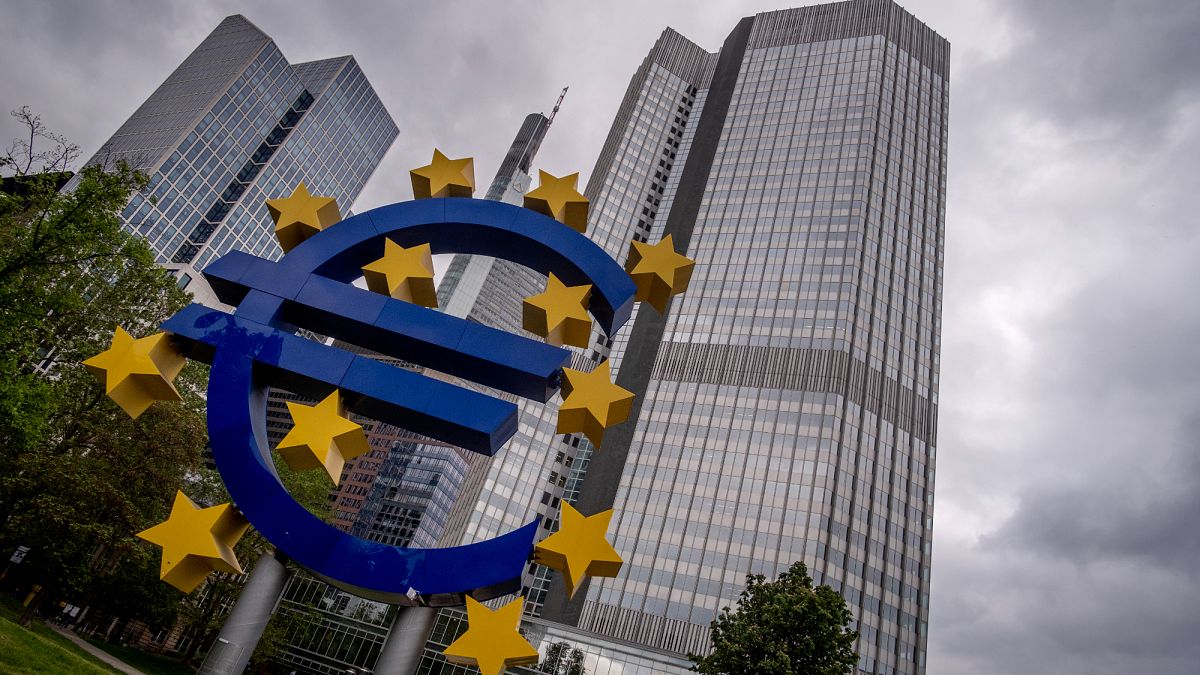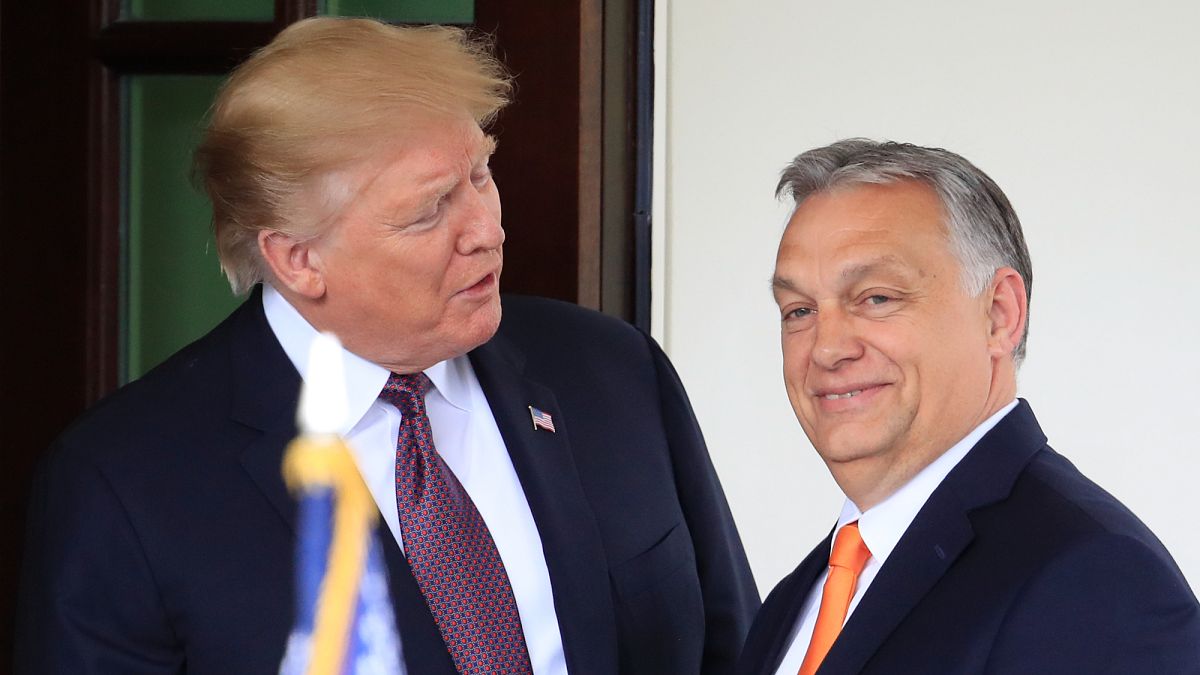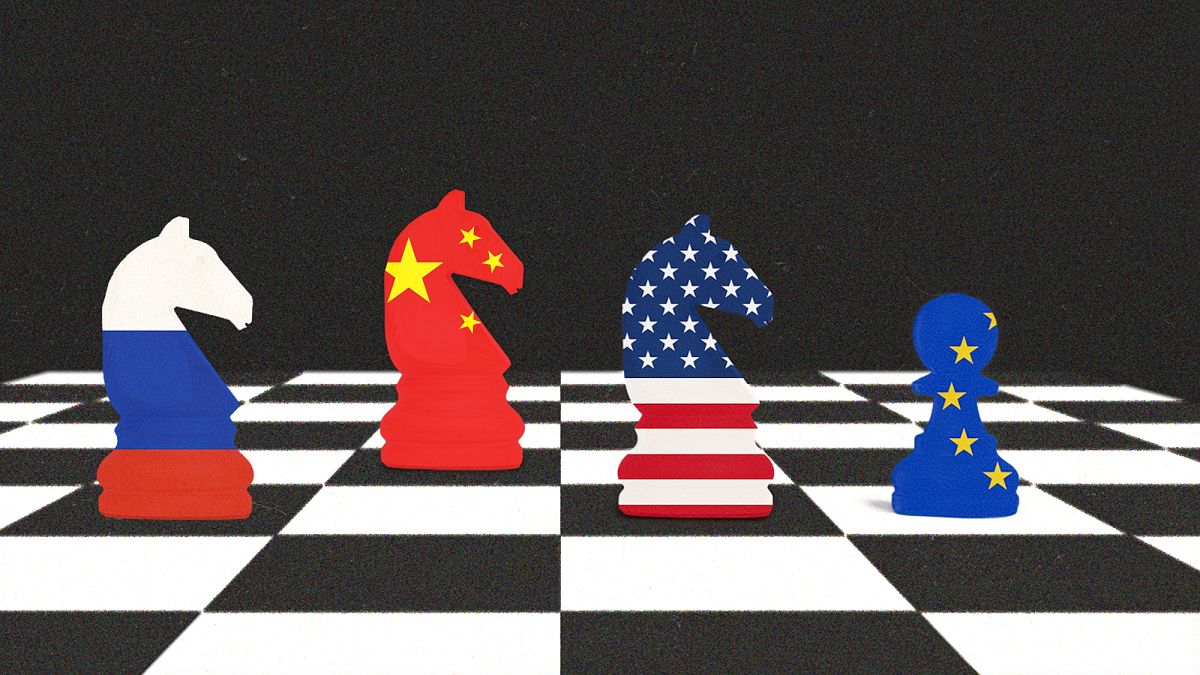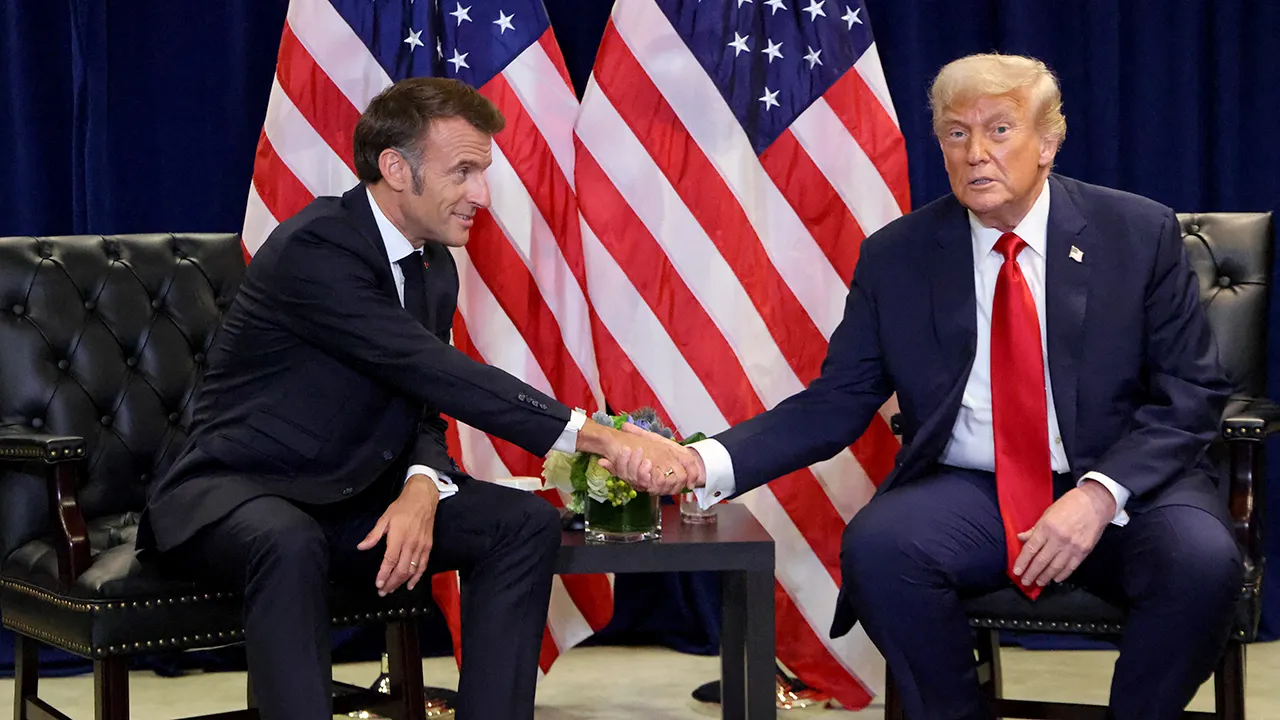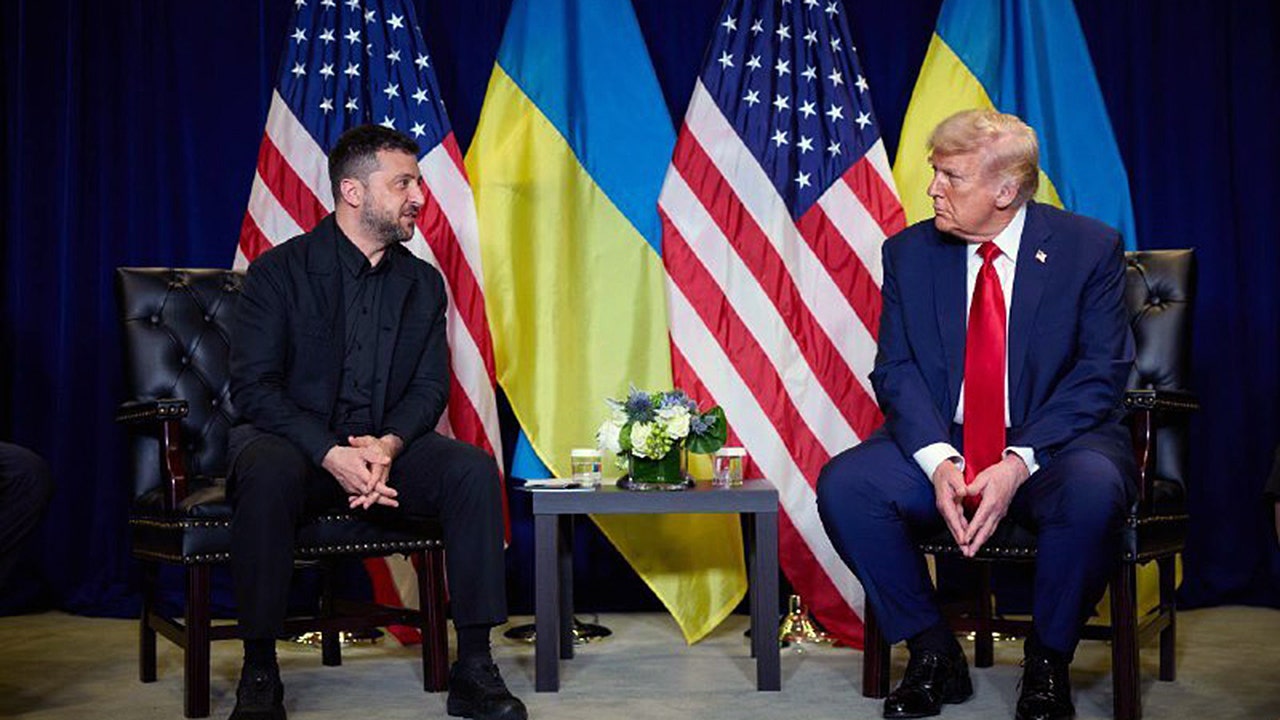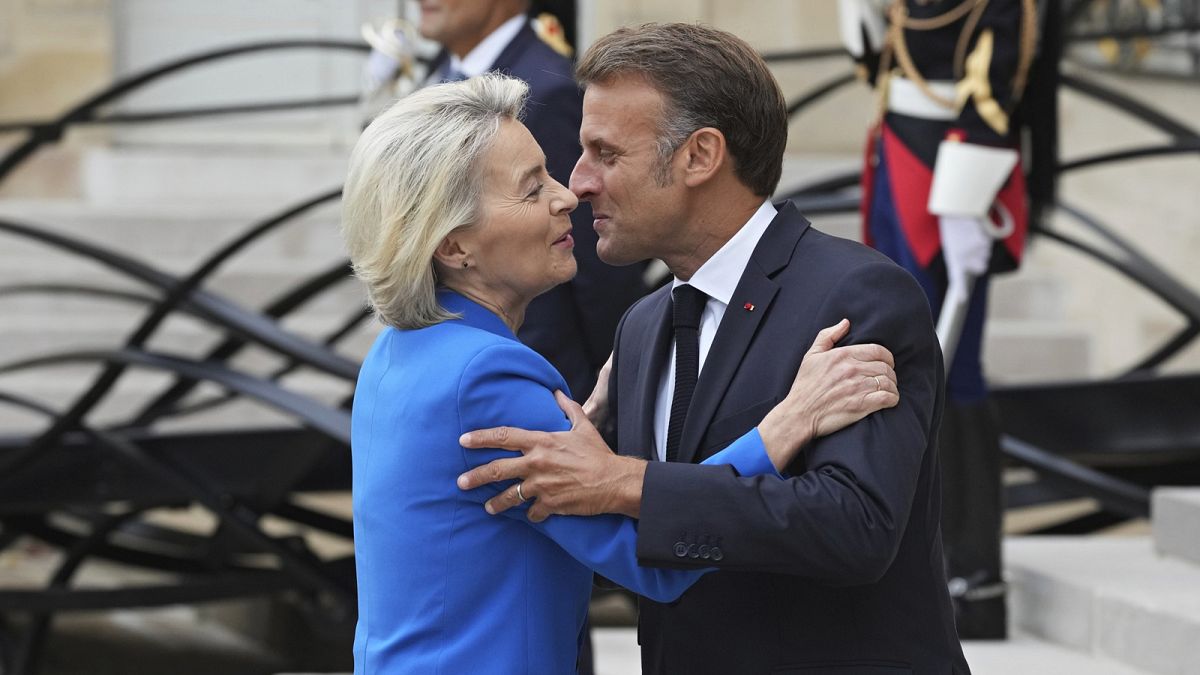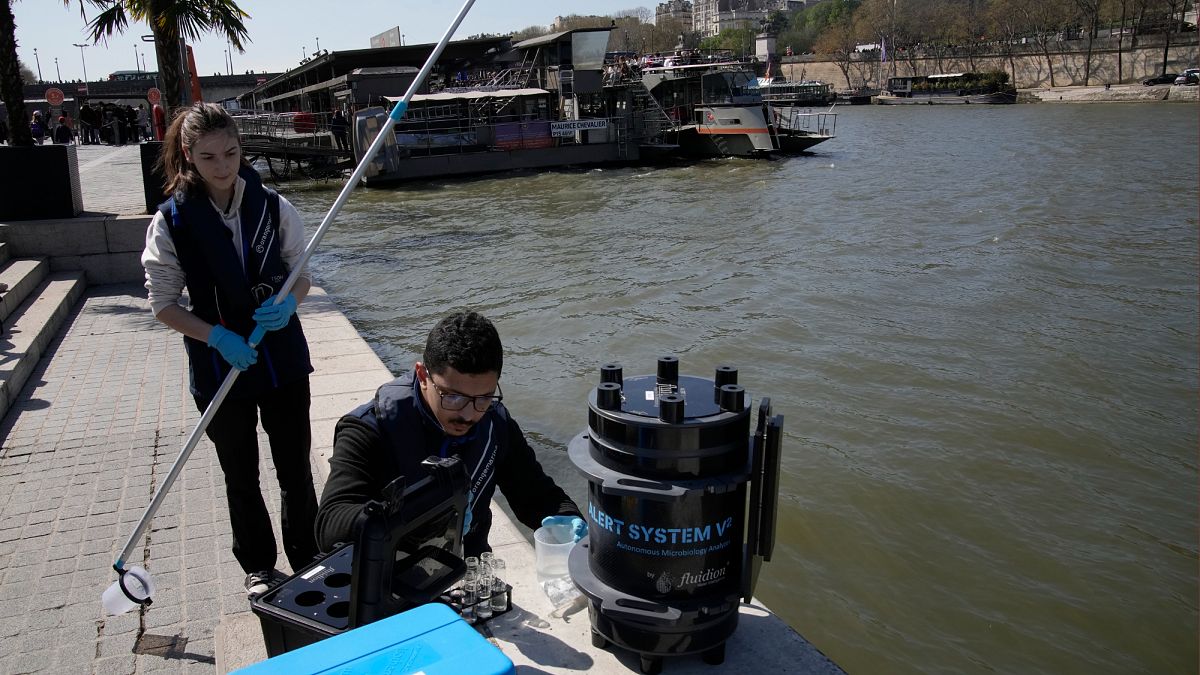Published on
ADVERTISEMENT
Most Europeans expect the upcoming digital euro to be secure, easy to use, and free of charge, according to a new survey by the European Consumers Organization (BEUC). The poll gathered responses from more than 10,000 consumers across 10 eurozone countries.
If a new digital payment method, such as the digital euro, were to be introduced in Europe, the majority of consumers (86% of adults) said that they would be at least somewhat concerned about not being able to get their money back in the event of fraud or scams. Furthermore, 87% said that paying digitally should be free for consumers.
“A digital euro will be attractive to consumers if it is easy to use, including for those currently struggling with digital payments, if it provides a strong protection against fraud including good refund rights, and if basic services such as a payment card is offered for free,” said Agustín Reyna, BEUC’s director general.
On paper, the project sounds appealing. Unlike bank deposits or cryptocurrencies, the digital euro would carry no financial risk — it would be the electronic equivalent of cash, designed to reduce the EU’s reliance on US providers like Visa and Mastercard.
Yet despite the European Central Bank’s (ECB) efforts to ensure privacy, safety, and accessibility, some policymakers remain unconvinced about its design and necessity.
Last Friday, EU finance ministers meeting in Copenhagen agreed on the next steps toward launching the digital euro. Under the new compromise, ministers will have a say on whether the currency is issued and on the maximum amount of digital euros residents can hold — a safeguard meant to ease fears of a run on bank deposits.
“An important element of the compromise that we reached is that before the ECB makes a final decision in relation to issuance, there would be an opportunity for a discussion of Council of ministers in relation to how the project will move forward,” Eurogroup president Paschal Donohoe told reporters in Copenhagen.
The European Commission first proposed legislation on the digital euro in June 2023, but the plan still requires approval from both the European Parliament and the Council.
Once adopted, the ECB will decide whether to move forward, which would trigger a preparatory phase lasting around two and a half years.
Currently, only seven of the 20 eurozone countries operate a national card scheme, leaving the rest dependent on international providers.
“The digital euro is not just a means of payment, it is also a political statement concerning the sovereignty of Europe and its capacity to handle the payment, including on a cross-border basis, with a European infrastructure and solution,” ECB president Christine Lagarde said at a press conference in Copenhagen.
“This (compromise) was a good step in the direction that we hope will be completed in as short order as possible,” she added.
According to ECB board member Piero Cipollone, the digital euro could be rolled out as early as mid-2029.
Read the full article here



